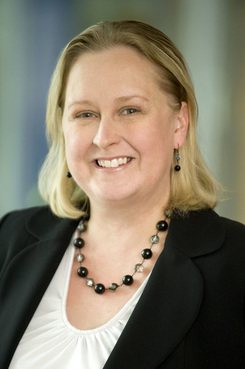Featured Firms
Presented by BigVoodoo
On June 28, 2017, the Delaware Supreme Court reversed the Court of Chancery's prior ruling in Chicago Bridge & Iron v. Westinghouse Electric, 2016 WL 7048031 (Del. Ch. Dec. 5, 2016), rev'd, 2017 WL 2774563 (Del. June 28), holding that an independent auditor appointed to resolve purchase price adjustment disputes relating to a sale transaction was not empowered to decide challenges to the seller's compliance with GAAP in connection with a post-closing true up of net working capital.
November 22, 2017 at 10:25 AM
1 minute read
Presented by BigVoodoo
The premier educational and networking event for employee benefits brokers and agents.
The Legal Intelligencer honors lawyers leaving a mark on the legal community in Pennsylvania and Delaware.
Consulting Magazine recognizes leaders in technology across three categories Leadership, Client Service and Innovation.
Truly exceptional Bergen County New Jersey Law Firm is growing and seeks strong plaintiff's personal injury Attorney with 5-7 years plaintif...
Shipman is seeking an associate to join our Labor & Employment practice in our Hartford, New Haven, or Stamford office. Candidates shou...
Evergreen Trading is a media investment firm headquartered in NYC. We help brands achieve their goals by leveraging their unwanted assets to...
MELICK & PORTER, LLP PROMOTES CONNECTICUT PARTNERS HOLLY ROGERS, STEVEN BANKS, and ALEXANDER AHRENS
